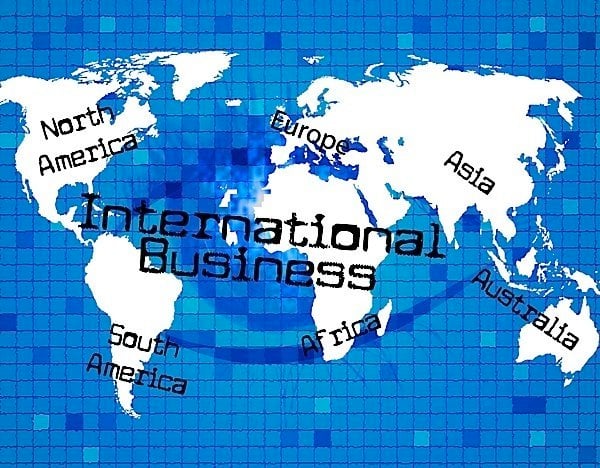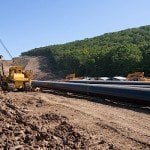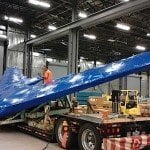Talk of reducing Canada’s over-reliance on trade with its biggest partner goes back at least as far as the time of Pierre Elliot Trudeau. As prime minister in the 1970s and 80s he attempted to raise Canada’s international profile, and it was under his leadership that Canada became a member of the G7. The present government in Ottawa has signed, or is hoping to sign, several free trade agreements, one of them with the EU. More recently, particularly with reference to oil exports, there have been calls from those in high places, including the Minister of Finance, for Canada to find new markets in Asia and develop more diverse trading partnerships.
A report from the School of Public Policy at the University of Alberta now says that Canada’s volume of trade with the US, while heavy, is not out of line with patterns seen among other trading partners in the world. Whereas more than 80 per cent of Canadian exports were to the US between 1995 and 2010, this compares favourably with the situation in Europe. There, 69 per cent of exports were from one European country to another. The picture was similar, though the percentage lower, in Asia, where 53 per cent of exports were between Asian countries. The authors of the paper conclude that it is the norm around the world for trade to take place around “regional value chains.” In the North American region, the dominant market is the US.
The report also addresses the often-heard assumption that Canada’s economy is too dependent on resources and the auto industry and lacks diversity of export products. The authors found that in fact Canada’s level of export diversity is greater than many countries. Of the 121 countries they measured, Canada was above the mean, ranking at 51 for diversity.
The study’s authors say that increasing trade diversification is not a bad thing, but that it is really a question of doing both: strengthening existing regional trade ties with the US and developing new global markets for exports. They warn against “contriving policy” that would interfere with the “normal flow” of market-based decisions.
If there really is a tendency among many Canadian businesses to take trade with the US for granted, they may soon change their minds. As expected, the US Senate passed a bill to proceed with the much-discussed Keystone XL pipeline. President Obama, who had delayed a decision on it for more than three years, now says that he will veto the Senate bill. Some see this as a slap in Canada’s face, or at least bad behaviour by a neighbour. It certainly challenges the concept of regional trade, at least in the oil sector. Obama has declared that the pipeline would be good for Canada, but not for the US.
An international trade expert writing in the Globe and Mail today called the United States’ treatment of Canada “shoddy” while the entire continent’s relative economic strength in the world is “plummeting.” Laura Dawson of Dawson Strategic wrote that Canada and the United States need each other. It is not that Canada is too reliant on the US, but that neither country can succeed “if we don’t do it together.”


































